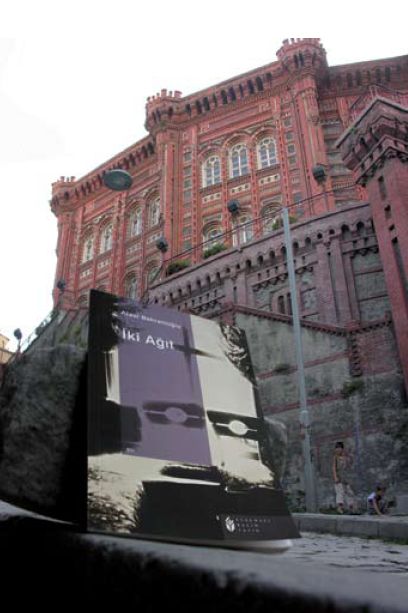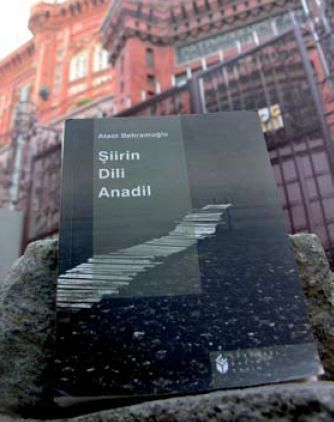|
The refrain, the first verse, the instrumental part in the middle section,
the second verse and again
the refrain... the song starts and ends in three and a half minutes,
leaving behind a heavy silence. Mr. Behramoglu puts his hand on his chin and
after thinking for a few seconds says, ‘I wonder... is it a bit too fast?
As a novice composer, I am prepared for the possibility that the poet
might not like the song; I am even prepared for him to laugh at us. But him
finding the song too fast, I have to admit was something I had never thought
of. Caught off guard, I cannot hide my confusion in the face of this
appraisal. ‘Too fast?’
‘Yes,’ says Mr. Behramoglu. ‘I mean, it’s a bit too rhythmic... Though I
think the melody is good...’
Then I start hearing my own voice. Boldness over takes me, from God knows
where, making me say, ‘I think this poem is not as sad as you think, Mr.
Behramoglu...’
|

